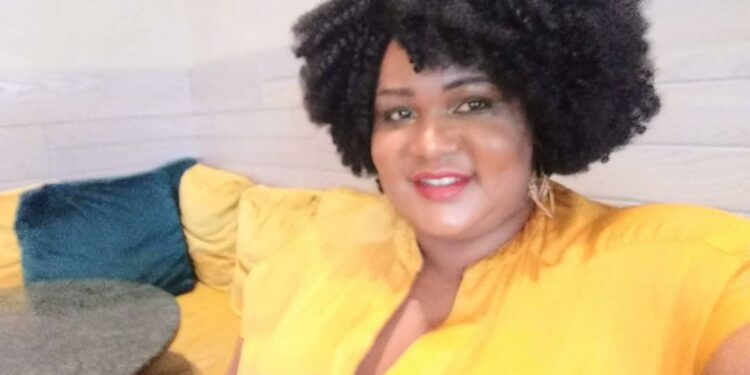By Agnes Namaganda
Shakirah Subiri Kyeswa has cut a niche for herself as someone who provides reliable, well-trained house managers. As the proprietor of SURI HOME CARE, she trains maids according to the needs of the home where she will be working. She also trains other homecare managers like askaris and side bed care takers.
How did you start this business?
I started this business 10 years ago. I used to get challenges with househelps, who many people refer to as maids. They seemed to leave almost as soon as they arrived. The exodus was worrying and it used to get me into fights with my partner. I am someone that cannot tolerate poor service especially when I have babies. I am a perfectionist and so, my partner was convinced that I was the problem that caused maids to leave us. I was a house wife then and my partner was feeling the financial implications around getting a new maid after every few days. This challenge made me realize that this industry needed someone to offer training to house managers so that they too can offer the best services to their employers. So, this business is more of a calling.
I was concerned that these maids lacked basic etiquette. Additionally, some couldn’t even cook or manage their time around the home. Some would get challenges with using gadgets like the washing machine or the micro wave. My training focused on these basics. I also trained them in basic etiquette like, how to speak up to your boss and not suffer in silence (how to raise a concern with your boss, how to advise them and how to negotiate for whatever they want). I would train them for a week or two and then look for someone like a friend or someone at Church who wanted a maid. Sometimes, I went to social media to look for someone interested. Initially, I did this at no cost.
I would transport these maids from upcountry after agreeing with them that the transport offer would cover their charges for the training course. While I trained them, I would get the help I needed around the house during that period and I would also be satisfied that I was providing a service. When the girls came from upcountry, they knew that they were heading elsewhere. Initially, I did this for free until the people who took these maids and appreciated the service told me that I could actually ask for some money and turn this into a business.
What challenges do you face in running this business?
One, it is not easy to get these girls. I get maids from upcountry. I don’t get maids from Kampala. The ones from Kampala usually hope from home to home after a few days. When someone is fresh from the village, they are usually set to work for a year or two. I ask them about their goals and if they do not have, I help them to set them. The challenge is that I have to pay my contact upcountry.
This means that I need a client to pay me upfront. These people know their guardians or parents, the schools they went to and whether they have been married before and how many children they have. These contact people also help me to the HIV and pregnancy tests. I repeat these tests when they reach Kampala.
Secondly, the clients think that I ask for a lot of money yet I have to pay for a variety of things including transport. Three, I used to bring the maids earlier so that they are trained and ready when a client contacts me.
However, I realized that you can bring 10 girls and after training, no one asks for a maid for a week yet you have to feed them and pay their bills during this time. So, I get maid after being contacted but this also means that a girl can train and thereafter, decides that she wants to go back to the village. I cannot force someone who doesn’t want to work to do so. This means that I have to transport her back but I also have to keep a client who expected to receive a maid after a week, for much longer. Some of these are mothers who are going back to work after child birth and the like. This means that their schedules would be destabilized by this decision.
The other challenge is the young men. They are not stable at work. Even if they sign a contract for one year, they will leave almost immediately. Their work ethic is quite troubling
What are your achievements so far?
My biggest achievement is the joy I get when I see a house-help stay for one or two years supporting a family with children and mothers. I am happy when the family appreciates the support from a girl who wouldn’t have been able to do what she has done if did not have this training. Much as I get some money from this business, the most important thing like I have already said is that this is more of a call.
This business has also helped me to grow as a person in learning how to deal with people from all walks of life. I also get to learn people’s abilities and inabilities. I have seen the lives of these girls and their families change from what they earn. Some of these girls come expecting to earn Shs 80,000 and they are paid Shs 150,000. Some are paid as much as Shs 500,000. Some of them are paid for a 13th month bonus as they go for Christmas.
Some get men from the neighbourhoods where they work and get married. I get to receive gifts during their introduction and wedding ceremonies. Some of these girls appreciate and they send me money to thank me. At most though, the satisfaction Iget from knowing that homes are running smoothly because of my input is my greatest achievement.
Do you have a story in your community or an opinion to share with us: Email us at editorial@watchdoguganda.com













